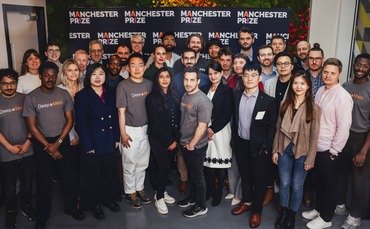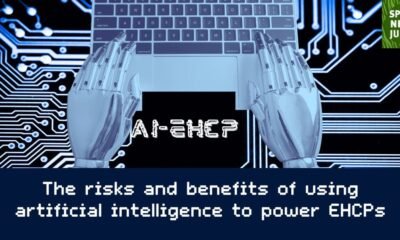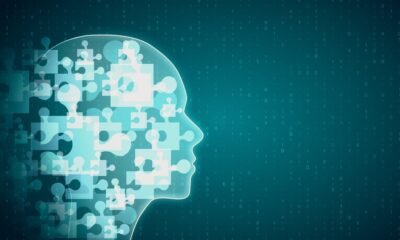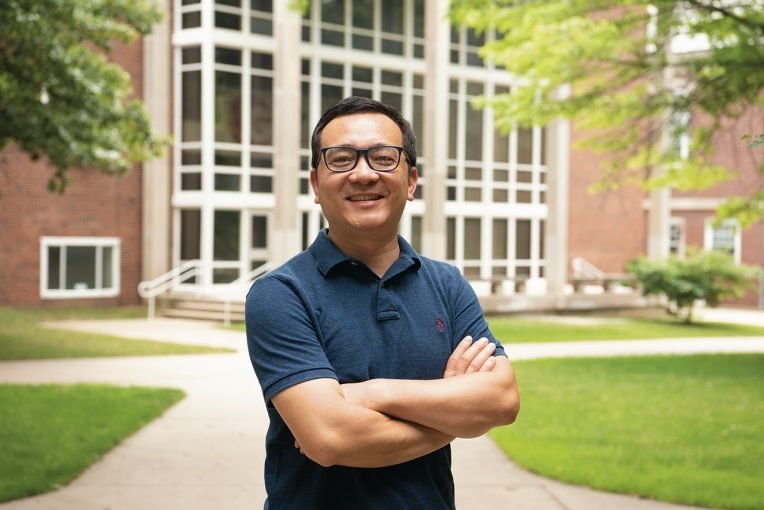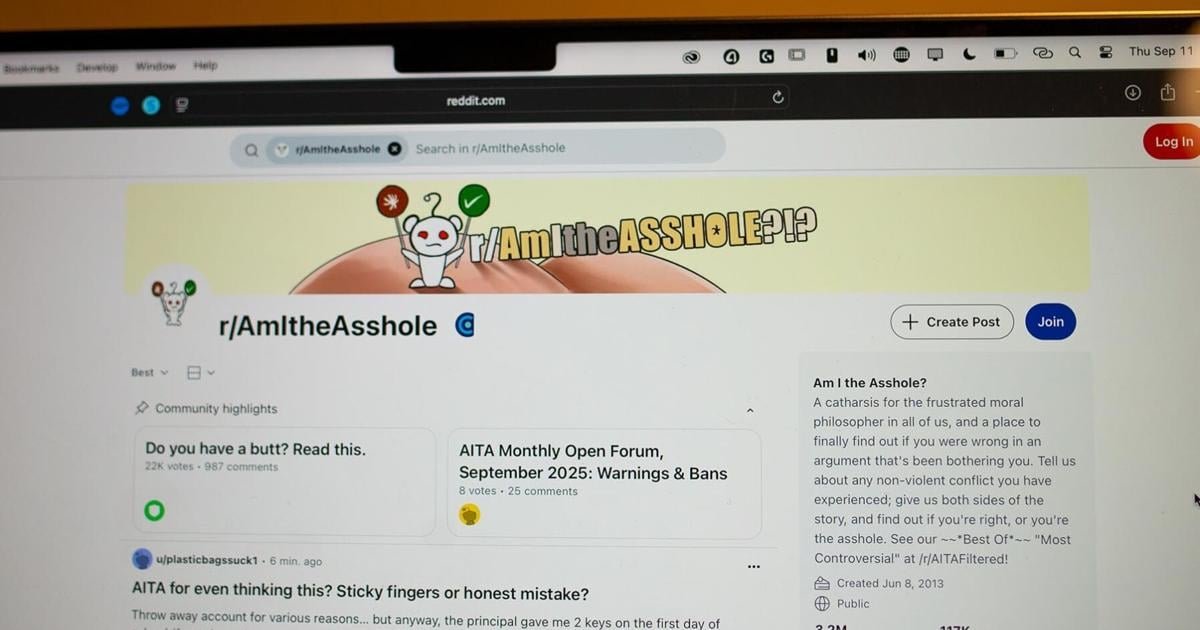The University of Utah is looking to put another $50 million toward artificial intelligence — with part of the aim being to speed up cancer research and get possible cures to patients sooner.
The latest AI initiative from the state’s flagship research institution was announced Tuesday at a board of trustees meeting, where it received unanimous approval and heaps of praise.
“This builds on something that’s in the DNA of this university: innovation,” said Manish Parashar, who was named the inaugural chief artificial intelligence officer for the school earlier this year.
The project is still in its early phases, but Parashar said the partnership will involve the U. and two private companies: NVIDIA and Hewlett Packard Enterprise, two giants in the industry that specialize in computing.
NVIDIA would provide the chips needed, and Hewlett would come in with computing infrastructure and support. And, ultimately, two physical facilities are planned: One on campus and one elsewhere in the state that could both be expanded.
The U. didn’t detail how much money those companies would provide.
The school, itself, plans to contribute $3 million a year for five years (totaling $15 million). And the on-campus Huntsman Cancer Institute, which is mainly funded by Utah’s prominent Huntsman family and its foundation, would add another $2 million a year for five years (totaling $10 million).
(Francisco Kjolseth | The Salt Lake Tribune) The Huntsman mobile cancer-screening bus makes a brief stop in Salt Lake City on Tuesday, Oct. 17, 2023. The bus is dispatched to numerous underserved communities around the state.
The remaining $25 million should come through a combination of contributions from the companies, said U. President Taylor Randall, along with a planned request to the Utah Legislature during the next legislative session.
The project comes after the U. dedicated $100 million to “responsible AI” in 2023, plus a memorandum the state signed earlier this year with NVIDIA that focused on higher education and preparing students for a tech-driven workforce.
Randall said this latest partnership would provide computing power for the entire Utah System of Higher Education to use and learn from, as well as to start-up companies in the state.
“This is a model that we’re trying to encourage,” added Geoff Landward, the commissioner over the system, who attended the board meeting Tuesday.
Randall, though, hopes the biggest use will be advancing cancer and health research.
He mentioned a landmark study the U. conducted in recent years on the genes associated with Alzheimer’s. Researchers studied Utah’s population database to find people who had two copies of a gene associated with the disease.
“If you have two copies of the gene, you lose the genetic lottery,” Randall said.
(Chris Samuels | The Salt Lake Tribune) University of Utah President Taylor Randall speaks during a ceremony announcing the creation of the J.W. Marriott Jr. Institute for hospitality at the University of Utah, Friday, April 18, 2025.
The researchers focused on a family in Cache County that happened to have two copies of the gene but also evaded developing Alzheimer’s. Together, they are working toward a potential cure based on that.
That alone, Randall said, has taken eight years of study and digging through data. “We should move faster,” he added.
Through the partnership, the U.’s teams will provide researchers and algorithm development.
Parashar said the partnership will more than triple the U.’s computing power and “puts us in a leadership role.”
Only two other universities in the country — Oregon State and the University of Florida — have comparable AI capacity, which notably requires massive amounts of power, water and space, Parashar acknowledged.





